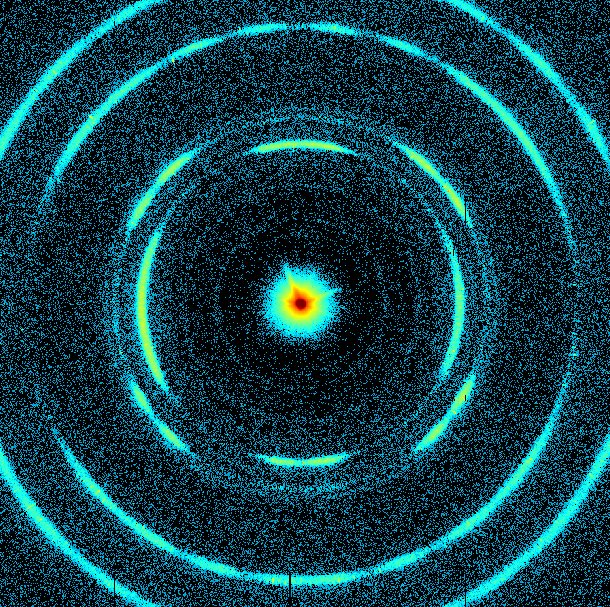
LEARNING OUTCOMES
After the course:
- The student masters the basic definitions and terminology relevant for X-ray scattering and can make use of these in real experimental work, for example when estimating optimum experimental conditions for an X-ray scattering experiment.
- The student can judge which materials properties can be studied using X-ray scattering methods.
- The student is familiar with the common X-ray scattering methods and can distinguish which X-ray scattering method is appropriate for a specified materials characterization task.
- The student can plan an X-ray scattering experiment to be carried out together with technical support.
- The student can carry out X-ray scattering experiments using an X-ray scattering instrument at Aalto.
- The student can report the results of an X-ray scattering experiment in a scientific article and critically judge the results published by others.
Credits: 5
Schedule: 03.09.2024 - 05.12.2024
Teacher in charge (valid for whole curriculum period):
Teacher in charge (applies in this implementation): Ville Liljeström
Contact information for the course (applies in this implementation):
Responsible teachers:
Ville Liljeström, ville.liljestrom@aalto.fi, +358 50 3097449
Zhongpeng Lyu, zhongpeng.lyu@aalto.fi, +358 50 4738455
Teaching assistant:
Xiaodan Hong, xiaodan.hong@aalto.fi
CEFR level (valid for whole curriculum period):
Language of instruction and studies (applies in this implementation):
Teaching language: English. Languages of study attainment: English
CONTENT, ASSESSMENT AND WORKLOAD
Content
valid for whole curriculum period:
- Theoretical background needed to describe X-ray scattering and X-ray diffraction
- X-ray scattering in materials characterization
- Conventional frequently applied X-ray scattering techniques
- Practical aspects for X-ray scattering experiments
Assessment Methods and Criteria
valid for whole curriculum period:
The evaluation criteria (grades 0-5) is based on participating and activity during teaching sessions, exercises/homework, project work activity and outcome, exam
Workload
valid for whole curriculum period:
- Lectures
- Demonstrations
- Exercises/homework
- Project work
- Exam
- Participating in contact teaching (lectures, demonstrations, and project work) is mandatory
DETAILS
Study Material
valid for whole curriculum period:
- Lecture slides
- Scientific articles
- Other material, like specific textbook chapters
Substitutes for Courses
valid for whole curriculum period:
Prerequisites
valid for whole curriculum period:
FURTHER INFORMATION
Further Information
valid for whole curriculum period:
Teaching Language: English
Teaching Period: 2024-2025 Autumn I - II
2025-2026 Autumn I - IIRegistration:
The number of attendees is limited. Students from the Master’s Programme in Engineering Physics and all PhD students from School of Science, School of Chemical Engineering, School of Electrical Engineering, School of Engineering have 1st priority. Other students have 2nd priority.
